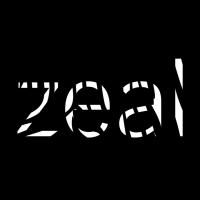Article,
Opportunism, Incentives, and the M-form Hypothesis: A Laboratory Study
Journal of Economic Behavior & Organization, (1988)
DOI: 10.1016/0167-2681(88)90029-7
Abstract
Opportunism is one central premise of the M-form hypothesis. This premise is investigated in a laboratory experiment using M-form and U-form organizations under incentives based on corporate profit and divisional profits. There was greater opportunism under U-form organization than under the M-form, and under divisional profit than under corporate profit incentives. Additionally, a misguided altruism lead a number of individuals to misrepresent information. The M-form yields higher performance than the U-form. Also, corporate profit incentives yield higher total profit than divisional profit incentives. The results partially explain why empirical studies do not strongly support the M-form hypothesis.
A laboratory experiment was developed. Within the hierarchical organization, one division was played by an individual; the other divisions and headquarters were run on the computer. The research question was to test the opportunism proposition: would individuals understand a situation to be opportunistic, could they figure how to take advantage of the situation and would they take advantage?
Yes, individuals readily understand an opportunistic situation, almost all knew how to be opportunistic, and many took advantage, but some were altruistic in their behavior.
